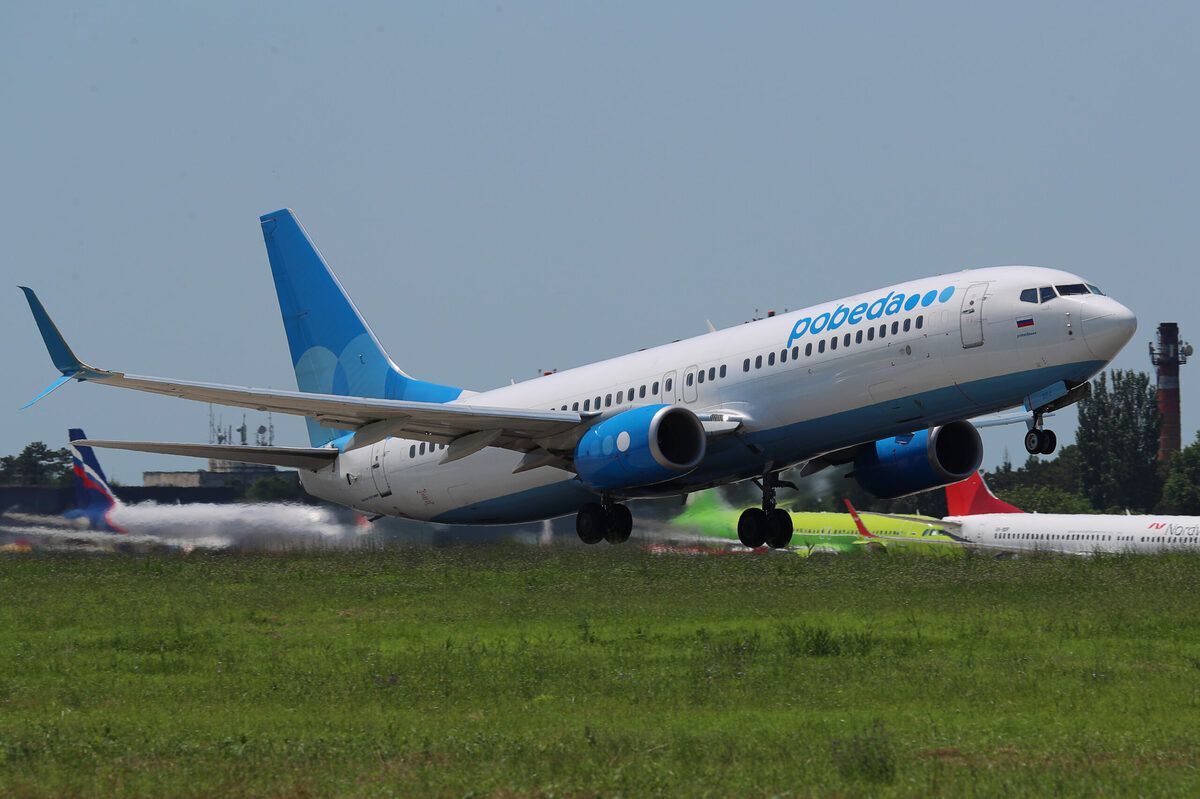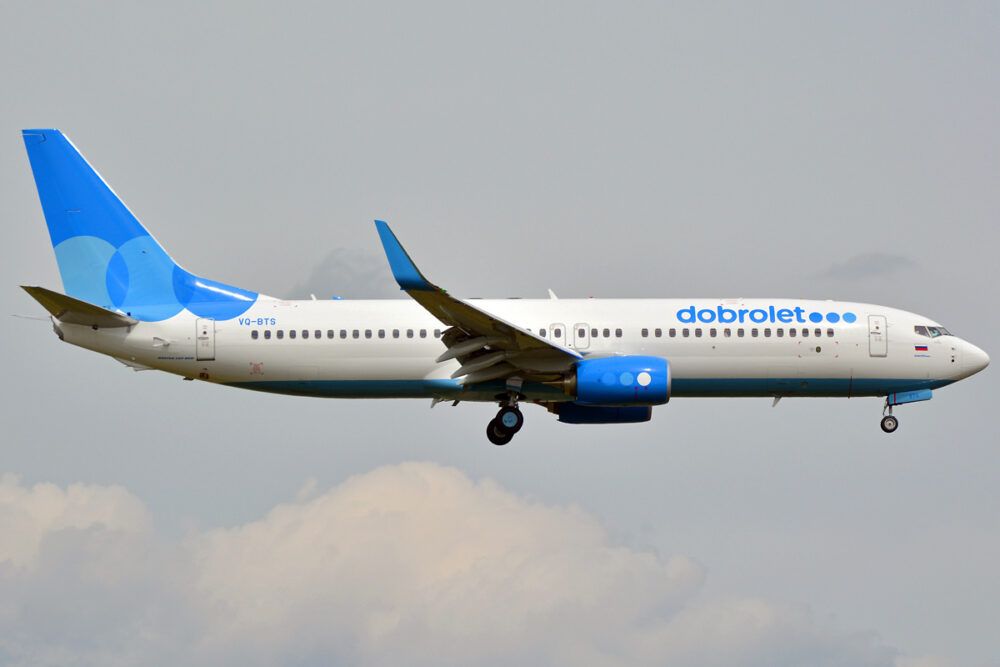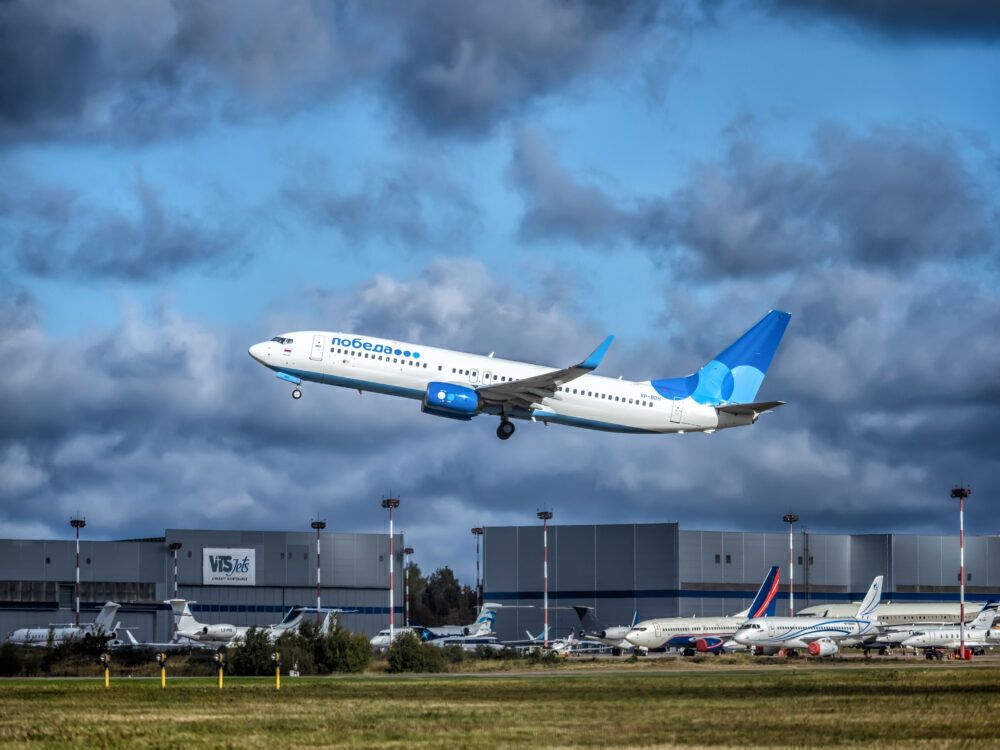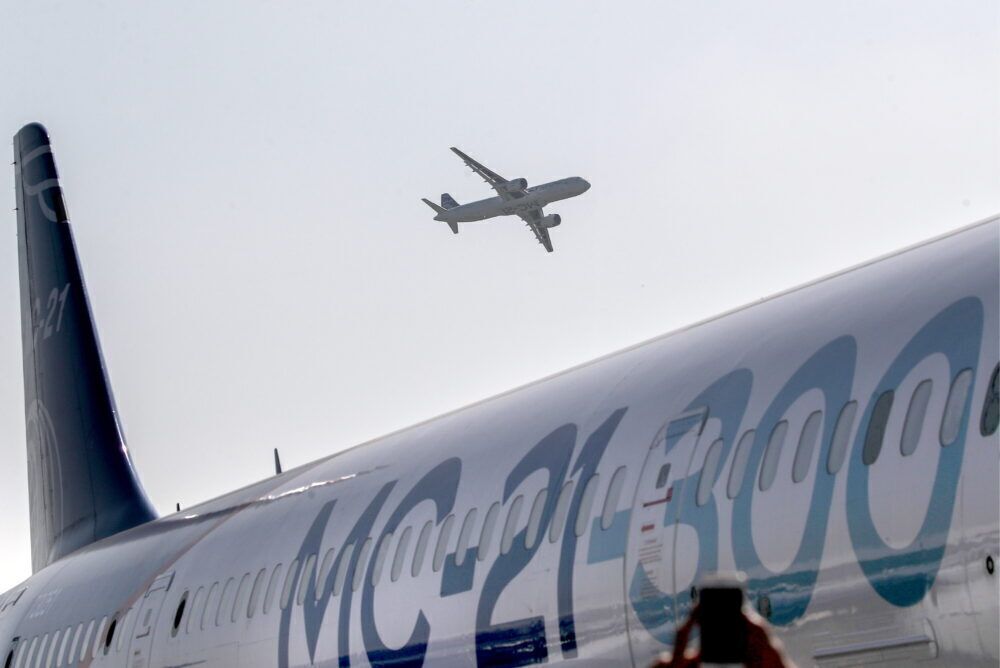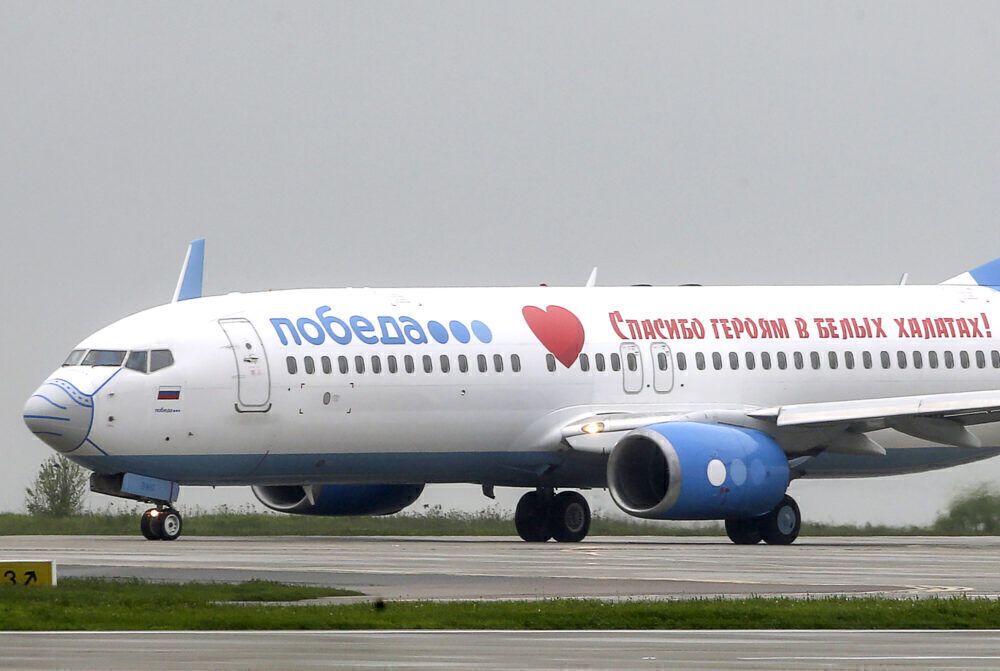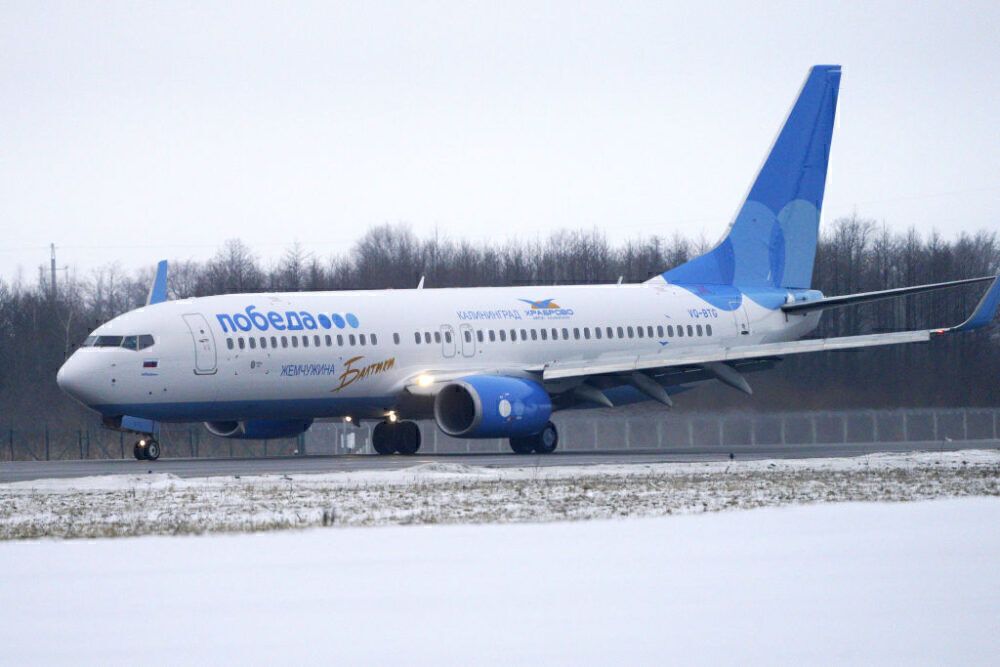Pobeda Airlines only commenced operations in 2014. Backed by parent carrier Aeroflot, by 2020, it had become the third-largest airline in the country. The successful Russian budget airline, aptly named 'Victory', has continued to grow its network throughout the crisis. But just where did it all start, and what is it up to now?
For most airlines, the year 2020 was filled with crisis, disappointments, and frustration when it came to passenger numbers, load factors, and profit. However, this was not the case for the Russian budget airline Pobeda. The state-owned low-cost branch of the Aeroflot Group continued to soar as others struggled. By May this year, load-factors had returned to 99%.
Thanks to a quickly recovered and strong domestic market, the airline also saw an increase in traffic compared to the year before. While it may have been a modest 1.9%, this is still no mean feat during the year of the worst crisis ever to hit commercial aviation.
Stay informed: Sign up for our daily and weekly aviation news digests.
Successor of short-lived Dobrolet
Pobeda Airlines commenced operations on December 1st, 2014, a mere three months after being founded. It came fresh off of the heels of Aeroflot's first and failed attempt to create a low-cost subsidiary. Dobrolet, as Pobeda's predecessor was called, was founded in October 2013 but ceased operations one month before Pobeda was brought into existence.
The name Dobrolet translates to 'good flight' and was taken from an early Soviet airline preceding Aeroflot. The airline's first commercial flight took off on June 10th, 2014, and operated the route Moscow Sheremetyevo to Simferopol, a popular Russian holiday destination on the annexed Crimea peninsula. Prime Minister Dmitry Medvedev greeted the passengers and saw the plane off.
Sanctions sank first LCC attempt
However, a little over a month later, Malaysian Airlines Flight MH17 was shot down over eastern Ukraine and the EU proceeded to sanction some Russian state-owned enterprises. Dobrolet was particularly targeted because of the flights to Crimea. Irish lessors canceled leasing agreements, Lufthansa Technik canceled maintenance agreements, and the bloc stopped providing aeronautical information.
As such the intended operational environment became impossible to navigate, and Dobrolet ceased operations on August 4th, 2014. The two Boeing 737-800 aircraft leased from BBAM in the carrier's fleet went instead to Pobeda via a brief stopover with Orenair, another state-owned carrier that merged with Rossiya Russian Airlines in 2016.
Pobeda received its Air Operator Certificate (AOC) on November 11th and operated its first revenue service from Moscow's Vnukovo Airport to Volgograd in the southwest of Russia. After only nine months of operations, the airline had carried two million passengers. In 2020, a year that perhaps would not be much to go by if it wasn't for the fact that Pobeda was doing better than ever, the airline transported 9.1 million passengers.
All Boeing 737-800 operator
As many other successful budget carriers, such as low-cost giants Southwest Airlines and Ryanair, Pobeda operates an all Boeing 737 fleet. The airline currently has 43 Boeing 737-800 aircraft, all of which are in active service. The average age of the Pobeda fleet is a mere 4.1 years. All of the carrier's aircraft are leased and have a one-class configuration for 189 passengers.
As parent airline Aeroflot is realigning its fleet in accordance with a reshuffling of priorities within the group, Pobeda has taken over ten of the flag carrier's 737s, with the first being transferred in April this year. Thus far, seven aircraft have been repainted with the blue-and-white livery. They will all be based at Moscow Sheremetyevo, Pobeda's secondary hub in the capital, from whence it commenced operations in May this year.
Meanwhile, Pobeda decided in November last year that it would not be taking the 30 Boeing 737 MAX 8s for which it had signed a letter of intent in 2018. There have been reports that the airline could potentially replace the intended jets with Russian-made MC-21. The type is on schedule to enter commercial service during 2022.
However, this talk was most prevalent during 2019, before Aeroflot announced its new strategy for the group. Such a move would be a departure from the model by which Pobeda has had such success thus far. Meanwhile, it seems Rossiya Russian Airlines will make up the patriotic branch of the group, focusing on domestically produced jetliners.
No naming protocol
The airline has not taken up the habit of naming its planes. However, it has painted one of them with the slogan 'Rest up in Stavropol'. Another yet proclaims 'Murmansk - the capital of the Arctic'. Both destinations are, unsurprisingly, included in Pobeda's extensive domestic network.
During the height of infections in Russia last spring, the carrier also gave one of its planes a face mask, and painted the hull with a heart and gratitude to the 'heroes in white robes'.
More regional Soviet-era routes
As the COVID-19 crisis - and the lack of recognition of Sputnik V - continues to make travel between Russia and Europe difficult, Pobeda will, unsurprisingly, remain focused on growing its domestic network.
As Aeroflot Chief Executive, Mikhail Poluboyarinov told the media exactly one month ago, the carrier is bringing back 'Soviet-era' non-stop connections. It will now increasingly bypass hubs in Moscow and St Petersburg to operate secondary city-pair routes such as flights from Perm, Saratov, and Novosibirsk to popular domestic leisure destination Sochi.
Meanwhile, for winter 2021/2022, Pobeda will continue to serve eight international destinations out of Moscow. These are Dubai in the UAE, Berlin, and Cologne in Germany, Milan (Bergamo Airport), Rome, and Pisa in Italy, Gyumri in Armenia, and Larnaca in Cyprus.
All in all, Pobeda will serve close to 90 destinations in the upcoming season. This is an increase of 26% from the previous winter, and by more than 36% compared to 2019/2020. The airline will fly to 17 destinations from its new hub at Moscow Sheremetyevo, 34 from its original home at Vnukovo, and another 34 direct regional routes. Pobeda has four bases - Moscow Sheremetyevo and Vnukovo, Pulkovo in St Petersburg, and Sochi.
Have you ever flown with Pobeda? What do you make of the future for the successful Russian LCC? Leave a comment below and let us know.

